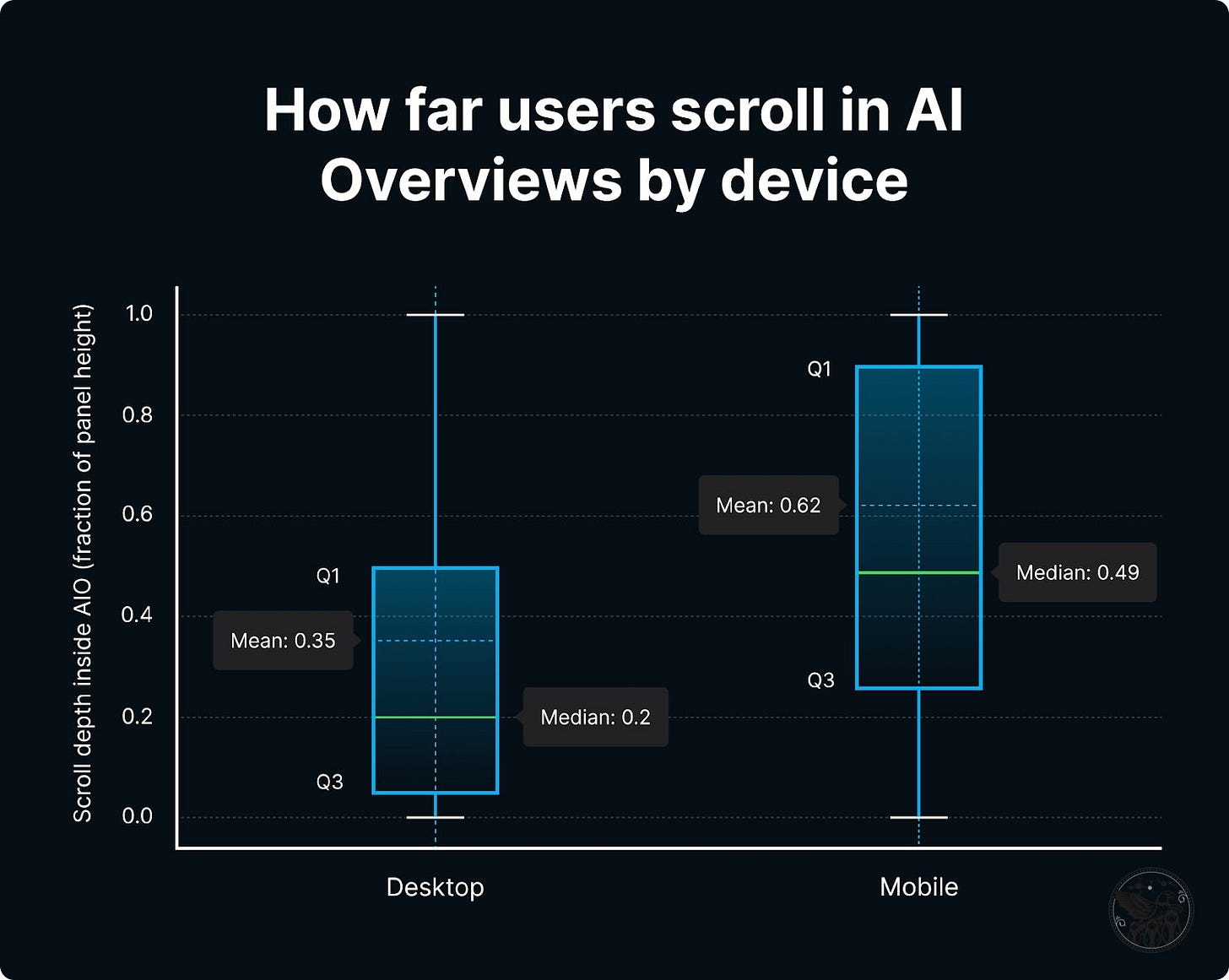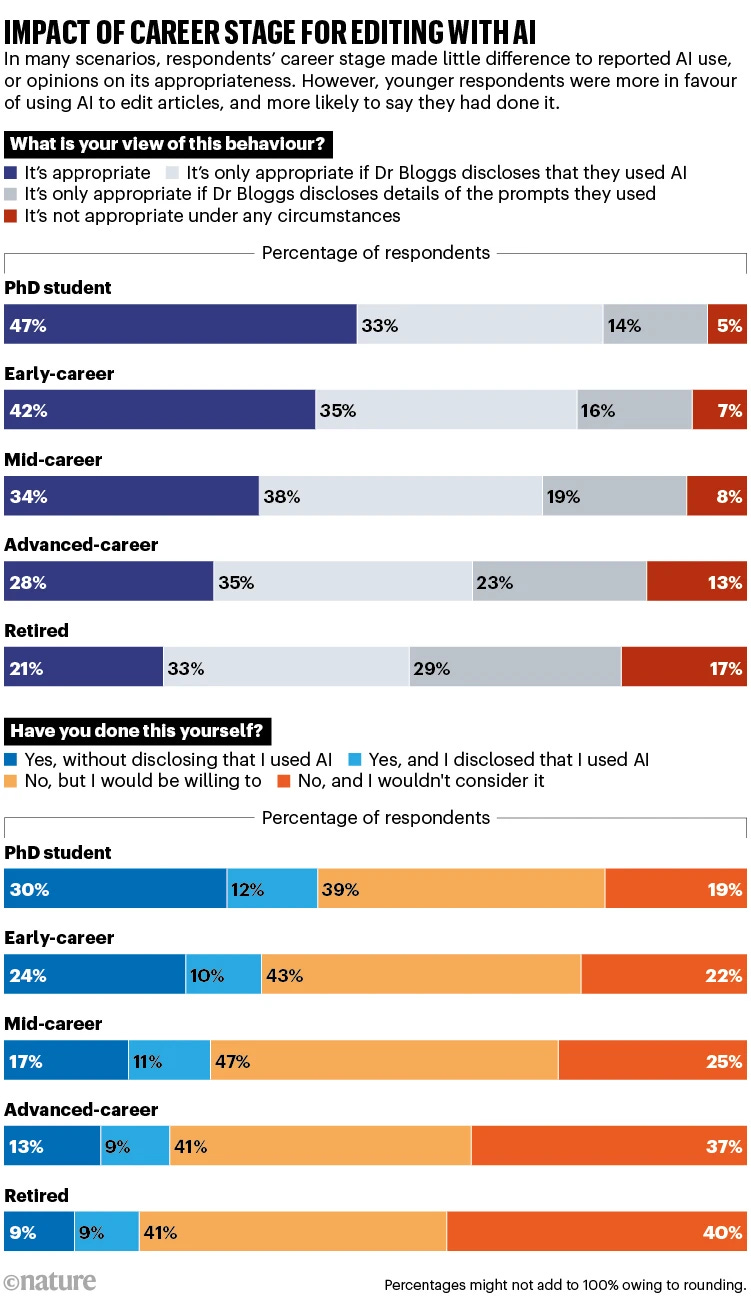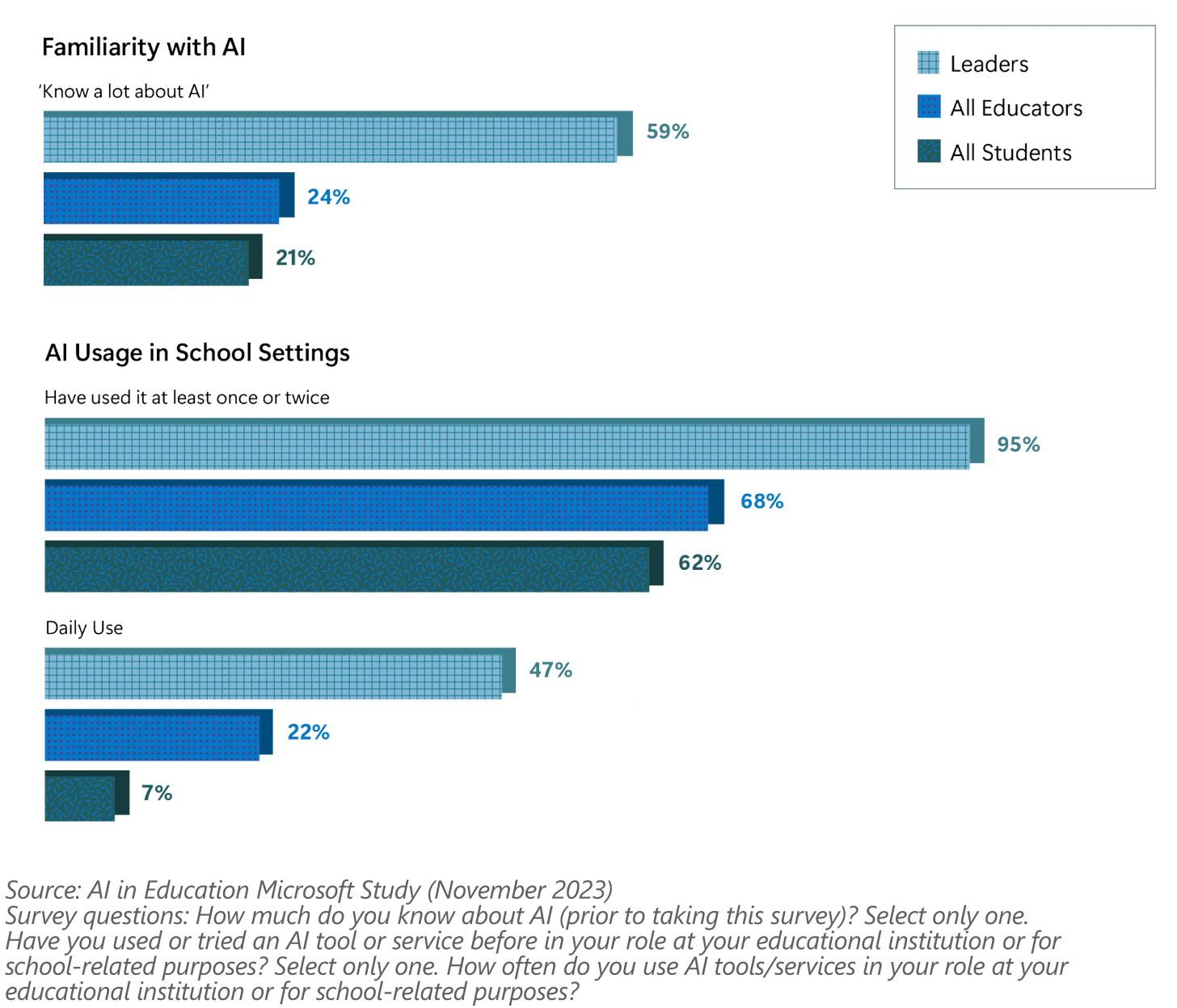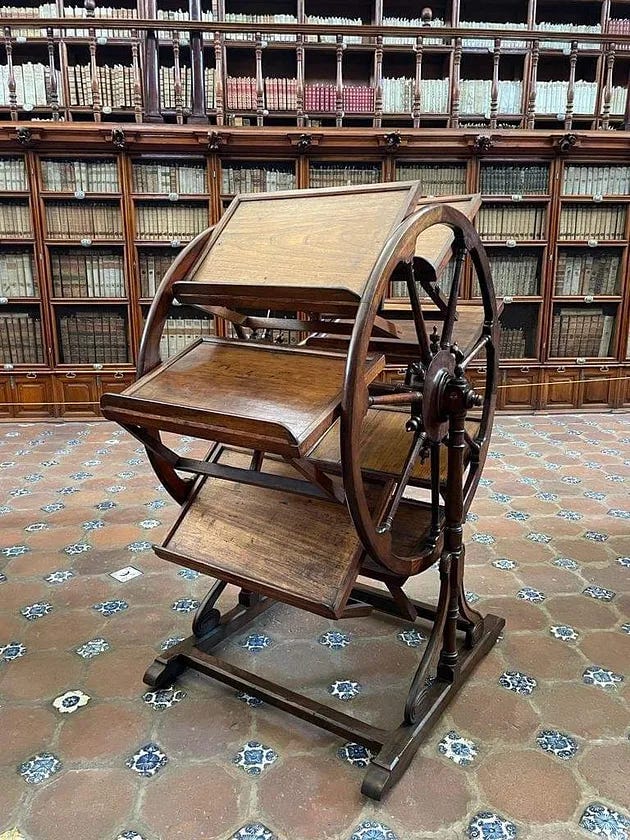PubTech Radar Scan: Issue 32
News, launches (ReviewerZero, AI-Powered Publishing: use cases), Research assistants, AI updates, longer reads, & a farewell to Einar Fredriksson.
📰News
Let’s start with some positive vibes: SciFlow is offering free accessibility checks for PDFs ahead of the European Accessibility Act, which comes into effect next month. (H/T: Lou Peck)
ScholarOne, the ageing engine behind over 20% [❗] of the world’s peer review, has long been a drag on progress in academic publishing. Silverchair describes its plans to overhaul this clunky colossus and reconnect with customers.
A COAR survey finds that over 90% of open repositories are regularly disrupted by overly aggressive AI bots, leading some to restrict machine access altogether. These measures have unintentionally impacted legitimate services, prompting COAR to establish a Task Group to develop more measured mitigation strategies.
Wiley, via Josh Jarret, has introduced an AI agent on AWS, marking a move towards AI-driven access to academic content. It’s an intriguing development for those betting on AI as the future of research discovery. Still, given that publishers have been licensing content to biomedical AI firms for years, it’s perhaps less groundbreaking than it first sounds. For a more sceptical take, see Kent Anderson’s commentary.
Wiley, also via Josh Jarret, has also partnered with Perplexity AI to make its content in their generative search and become Perplexity's first education partner. [It can’t be easy living up to a title like SVP and GM of AI Growth; every week must demand a new announcement!]
To mark its 25th anniversary, Crossref has launched the inaugural Metadata Awards 🏆, recognising six organisations for outstanding contributions to scholarly metadata. The awards highlight the importance of high-quality metadata in enhancing the discoverability and integrity of research.
Finally, a quick recap of the AI Publishing Collective/Cambridge AI meetup, join the LinkedIn group to get updates on the next meeting.
🚀 Launches/new to me
ReviewerZero is a new platform designed to catch research integrity issues before publication. It covers things like authorship verification, statistical checks, image duplication, and citation problems.
AI-Powered Publishing: Use Cases is a work-in-progress list of how academic publishers are using AI. It's currently light on Generative AI examples, so feel free to suggest additions.
🔎 Research Assistants
I came across three new tools this week Corpora.ai, Ai2 Paper Finder, and FutureHouse’s AI Agents for Scientific Discovery. Aaron Tay offers an in-depth look at the last two of these tools in his latest post.
Aaron is also offering a "Master Class" on May 29, 2025, from 4 PM to 5:30 PM (SGT), aimed at librarians exploring how AI is reshaping academic search.
🤖 AI
More data is emerging on the impact of Google’s AI Overviews. “The study analyzed 400 AIO (AI Overview) interactions from 70 users. Click-through rates drop by up to 66 percent on desktop, and nearly 50 percent on mobile. Seventy percent of users only read the top third of the AI answer box. Younger users trust AI, older ones want sources.”
I suspect we’re watching the slow handover of academic information control from publishers to platform-driven intermediaries, and barely anyone’s blinking. # Ben Kaube is thinking along similar lines: The Stack Overflow Effect: Are Scholarly Publishers Sleepwalking into an AI Disintermediation Crisis?
Aaron Tay shared a thoughtful Bluesky thread outlining key librarian concerns about generative AI, which include hallucinations, user dependency, environmental impact, and copyright, and how these are being addressed or could be approached differently.
😮💨 Sigh… Morelle’s Statement on Abrupt Firing of Shira Perlmutter, Register of Copyrights. As Seven Fund comments: “Publishers need to tune up their voices in defence of their values… Publishers still hope that strategic silence is their best option – I am sure it is not.” Agree. Publishers are, at times, a touch too fond of staying quiet.
Nature’s survey of 5,000 researchers uncovers a distinctly mixed view on AI in scientific writing: widely accepted for editing, met with some hesitation for drafting, and rarely used for peer review. The charts add colour, showing generational splits and a landscape of opinion that ranges from curious optimism to raised eyebrows. Disclosure, it seems, is still something of a grey area.
⚖️Peter Csathy’s AI Litigation Tracker (updated 11 May) is an oddly compelling who's suing whom of the generative AI world, mostly from the media and entertainment sector.
📚 Longer reads:
Academics: Little more than intellectual orphans in AI era? Interesting piece on how AI is evolving from a helpful academic tool to a central force in knowledge creation, peer review, and publishing. Do academics risk becoming intellectual orphans, detached from their work & the institutions meant to support them?
Microsoft’s AI in Education report throws up a quietly intriguing stat: 47% of education leaders are using AI daily, while only 7% of students are. For all the talk of digital natives, it seems institutional decision-makers are currently the ones experimenting most with the tech:
Humanities Commons has given its backup systems a thorough workout and, to everyone's relief, they passed with flying colours.
AI in Media: The Infinity Paradigm by Ezra Eeman offers a comprehensive overview of where we currently stand with AI in media, and where the road ahead might lead. 🔮
An MIT PhD student briefly grabbed the spotlight with claims that AI was fuelling breakthroughs in materials science - until it emerged the data had been fabricated.
A Pioneer in Publishing and AI: Remembering Einar Fredriksson
I was really saddened to hear about the death of Einar Fredriksson. He was full of ideas and always generous with his time. Einar was one of the early pioneers in thinking about how AI could be used in publishing, and I really valued his big-picture thinking. He believed strongly in open science and FAIR data, as his most recent work with LIFES and the GO FAIR Foundation showed. I’ll miss his wisdom, curiosity, and kindness.
🔚 And finally…
Seven books, one reader, zero screens: the 1700s' answer to information overload.





See also: Ethan Mollick's ChatGPT o3 summary: https://chatgpt.com/share/6828bb95-644c-8000-8806-ef77985cf568
Prompt: Anything seem off about this paper? https://arxiv.org/pdf/2412.17866
Response ends with:
Bottom line
Nothing in the PDF proves fabrication, but the combination of:
extraordinarily convenient experimental design,
very large but unverifiable proprietary dataset,
uniformly big, neat effect sizes, and
a handful of improbable operational details
should make a careful reader very sceptical until independent data, code, or at least credible third-party attestations are released.